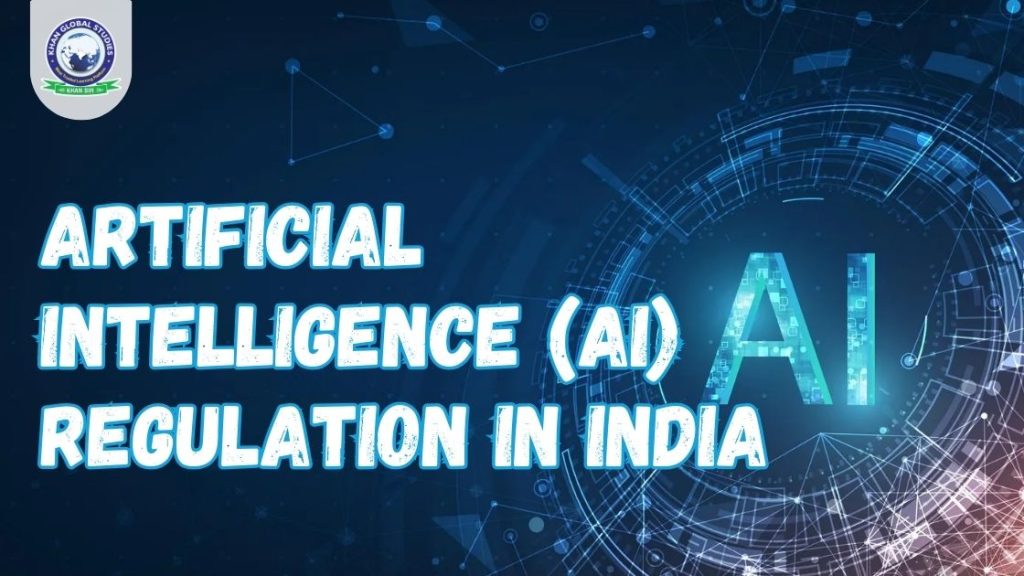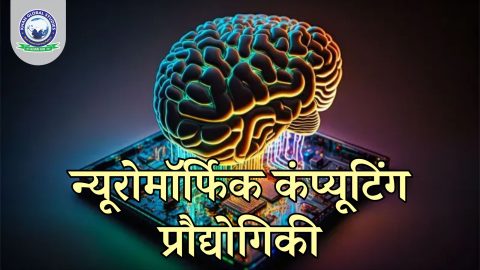While India doesn’t have a single law governing Artificial Intelligence (AI), its framework aims to foster responsible development by balancing innovation with accountability. Here’s how it works.
Objectives
- Economic Development: Harnessing the potential of AI for economic development.
- Risk Mitigation: Addressing potential risks and harms associated with AI.
- Global Competitiveness: Ensuring India’s competitiveness in the global AI landscape.
- The framework emphasizes that each platform must be legally accountable for any harm caused or enabled by AI, as well as prevent criminal abuse.
Government Policy
- In February 2021, NITI Aayog (National Institution for Transforming India) released a vision document proposing principles for “responsible AI” development.
- This document outlines guidelines for AI adoption and addresses societal considerations.
- Although there is no codified law to specifically regulate AI in India, the government’s approach aims to strike a balance between promoting AI innovation and ensuring responsible management.
How does the government plan to enforce these rules?
The implementation of AI regulations and cybersecurity policies in India involves several key mechanisms:
- Legal framework: The government will make specific laws and regulations related to AI and cyber security. These legal provisions will define rights, responsibilities and penalties for non-compliance.
- Penalties: Violators may face fines, imprisonment, or other legal consequences. The severity of the penalty will depend on the nature and impact of the violation.
Monitoring and Audit
- Regulatory bodies (such as the proposed AI Regulatory Authority) will monitor compliance with the rules.
- Audit: Organizations using AI systems must undergo periodic audits to assess adherence to guidelines. Auditors will evaluate data management practices, algorithmic transparency and security measures.
Certification and Compliance
- Entities deploying AI solutions will need to obtain certifications demonstrating compliance with the regulations.
- Certification Process: Organizations will submit evidence of responsible AI practices, security protocols, and risk assessments.
Collaboration with Industry
- The government will collaborate with industry associations, technology companies and research institutes.
- Capacity building: Workshops, training programs and awareness campaigns will educate stakeholders about compliance requirements.
Incident reporting and response
- Organizations should immediately report any security breach, incident or misuse of AI systems.
- Coordination: CERT-In (Computer Emergency Response Team-India) will play a key role in incident response and coordination.
Public Awareness and Education
- The government will create awareness about AI ethics, privacy and security among citizens, businesses and developers.
- Education programs: Training sessions, webinars, and guidelines will promote responsible AI practices.
International cooperation
- Collaboration with other countries and international bodies will facilitate information sharing, best practices and cross-border enforcement.
- Harmonization: Aligning Indian regulations with global standards ensures consistency.
- Remember that effective enforcement requires a multi-pronged approach involving legal, technical and educational measures. The government aims to strike a balance between promoting innovation and protecting public interests.









